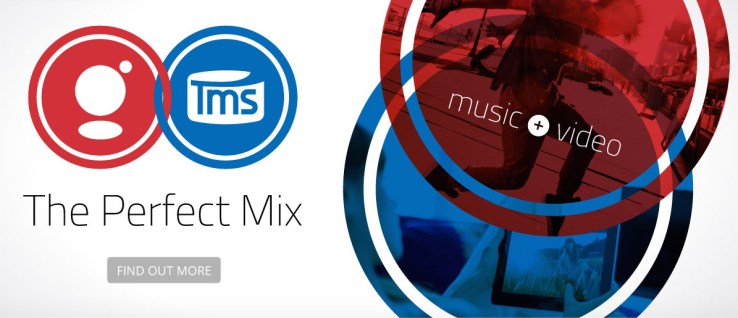Gracenote Spent $54 Million Buying Two Companies To Launch A New Sports … – TechCrunch

Music and video metadata company Gracenote is launching a new product for a new vertical, getting into sports data for the first time. To power the new sports product the company has acquired a couple of companies — Infostrada and SportsDirect — for a combined $54 million.
Tribune acquired Gracenote for $170 million last year, and since then has been pouring money into the unit after combining Gracenote’s music data platform with its own Tribune Media Services offering. Over the last 12 months Gracenote has spent millions rolling up other data providers, including the purchase of Australian metadata provider HWW, Indian electronic program guide provider What’s On, and Los Angeles-based movie and TV database Baseline.
Those acquisitions were made to expand its data set for Gracenote’s key music and video metadata offerings. By purchasing Infostrada and SportsDirect for a combined $54 million, Gracenote will be entering a whole new line of business that it can use to sign up new customers while also cross-selling to existing partners.
With the acquisitions the company is launching a new product called Gracenote Sports that will round out the company’s portfolio of data offerings. The new data sets provide interesting opportunities for existing Gracenote customers to create new, interactive applications around sports events.
Infostrada and SportsDirect will continue to produce and distribute sports data, including schedules, scores, play-by-play stats, as well as team and player information for professional sports leagues such as the NFL, MLB, the NBA, the NHL, and European football leagues. Netherlands-based Infostrada will provide data from the Olympics and Euro leagues, while Nova Scotia-based SportsDirect has North American sports data on lockdown.
Since Gracenote works with many cable and satellite providers, being able to overlay sports data on top of traditional broadcasts could create new customer viewership behaviors. The same could be said for consumer electronics manufacturers, which can now create apps for keeping track of end users’ favorites sports or teams. Finally, an increasing number of cars with wireless connectivity will have access to the sports data as well.



